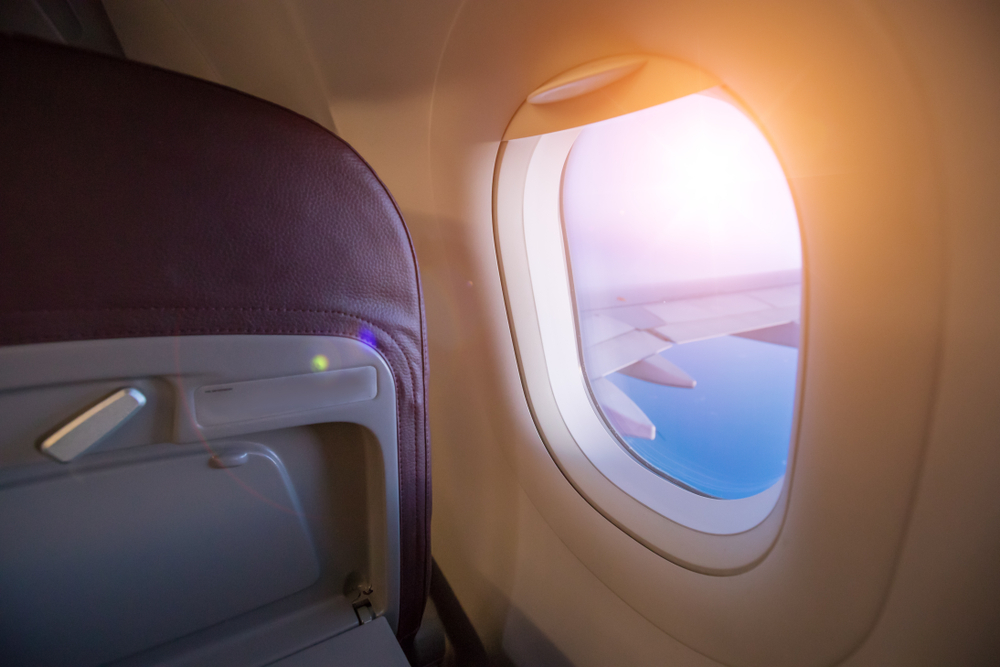Summer reopenings continue amid vaccine rollout acceleration: In our previous sector update (EEMEA Airlines: Reopening – later than sooner, 20 April 2021), we stated our optimism for a late summer recovery in EEMEA region leisure travel demand after the weaker-than-expected 2Q21. The latest progress on vaccinations now support, in our view, a sequential demand recovery from 3Q21.
Europe is gradually opening its doors to vaccinated travellers although the manner of implementation differs from country to country. Turkey has started to host Russian visitors post the lifting of flight restrictions by Russia as of 22 June. The UAE leads in terms of vaccinations; it still lacks the traffic to and from India but already enjoys fairly strong tourist inflows from some other countries. Many leisure travellers have already opted for domestic destinations this summer.
Thus, we prefer exposure to domestic and short-haul tourism traffic to position for the near-term recovery, preferring LCCs over network carriers. Beyond the peak season, new COVID-19 variants still pose uncertainty.
Recovery positioning; upgrade Pegasus to Buy: On our revised recovery assumptions for 2021e-23e, we believe that Pegasus now offers good value (its 2022e EV/EBITDA is now closest to its pre-pandemic 1-year forward multiple), and we upgrade our rating to Buy from Hold. We retain our Buy ratings on Air Arabia and TAV as we believe that both offer strong exposure to tourism traffic.
We maintain our Hold ratings on network carriers Aeroflot and Turkish Airlines mainly due to valuations. We like Aeroflot’s exposure to the large Russian domestic market and use of its low-cost brand Pobeda for profitable growth. We see similar strengths for Turkish Airlines with its exposure to the Turkish market, growing budget brand Anadolu Jet and lucrative cargo operation. TK’s shares have already bounced back strongly, which takes off some of the near-term shine, in our view. We revise our target prices as shown in the table below.
Source: HSBC Global Research
